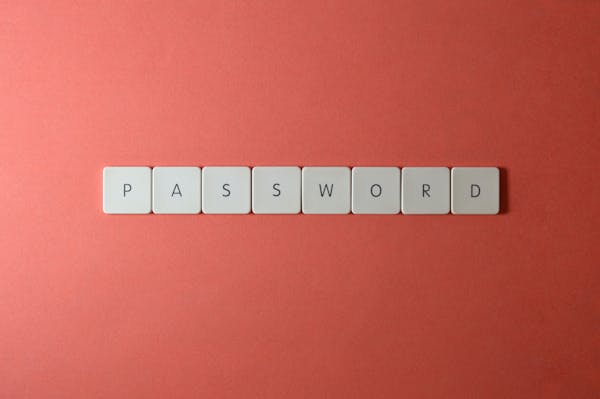How to Use and Create Strong Passwords
How to Use and Create Strong Passwords

In today's digital world, securing your online accounts is more important than ever. One of the simplest yet most effective ways to protect your personal information is by using strong passwords. Here’s a guide on how to create and use strong passwords to enhance your online security.
Why Strong Passwords Matter
Strong passwords are a fundamental part of protecting your personal data and online accounts. A weak password can be easily guessed or cracked by cybercriminals, putting your sensitive information at risk. By using strong passwords, you can reduce the likelihood of unauthorized access and safeguard your online identity.
Creating Strong Passwords
A strong password is essential for protecting your accounts from unauthorized access. Follow these tips to create passwords that are both secure and memorable:
1. Use a Combination of Characters
Include a mix of uppercase letters, lowercase letters, numbers, and special characters (e.g., @, #, $). This variety makes your password more complex and harder for attackers to guess.
2. Make It Long
Aim for a password that is at least 12 characters long. The longer your password, the more combinations an attacker would need to try to crack it.
3. Avoid Common Words and Phrases
Refrain from using easily guessable words or phrases, such as "password," "123456," or personal information like your name or birthdate. Attackers use these common patterns in their attempts to crack passwords.
4. Use Passphrases
Consider using a passphrase—a sequence of random words or a sentence. Passphrases can be easier to remember and still very secure if they are long and include a mix of characters.
5. Avoid Reusing Passwords
Don’t use the same password across multiple accounts. If one account is compromised, all other accounts using the same password are at risk. Instead, create unique passwords for each of your accounts.
6. Use a Password Manager
Consider using a password manager to generate and store complex passwords securely. Password managers can help you manage your passwords and reduce the risk of using weak or repeated passwords.
- LastPass
- 1Password
- Dashlane
Using Strong Passwords Effectively
Once you’ve created strong passwords, it’s important to use them effectively to maximize your online security.
1. Update Your Passwords Regularly
Change your passwords periodically, especially for sensitive accounts like banking or email. Regular updates help reduce the risk of long-term exposure if a password is compromised.
2. Enable Two-Factor Authentication (2FA)
Whenever possible, enable two-factor authentication for your accounts. 2FA adds an extra layer of security by requiring a second form of verification, such as a text message or authentication app.
3. Monitor Account Activity
Regularly check your account activity for any suspicious or unauthorized actions. Early detection can help you respond quickly if your account is compromised.
4. Be Wary of Phishing Attempts
Be cautious of phishing emails or messages that attempt to trick you into revealing your passwords or personal information. Always verify the legitimacy of requests before providing any sensitive information.
Also Learn The Evolution of Phishing Attacks
Conclusion
Creating and using strong passwords is a critical step in protecting your online accounts and personal information. By following the tips outlined above, you can enhance your security and reduce the risk of unauthorized access. Remember, a little effort in crafting strong passwords can go a long way in keeping your digital life safe.
For additional resources on online security and password management, check out our Security Tips and Password Manager Reviews.
Stay Updated with Connector Pedia!



No comments